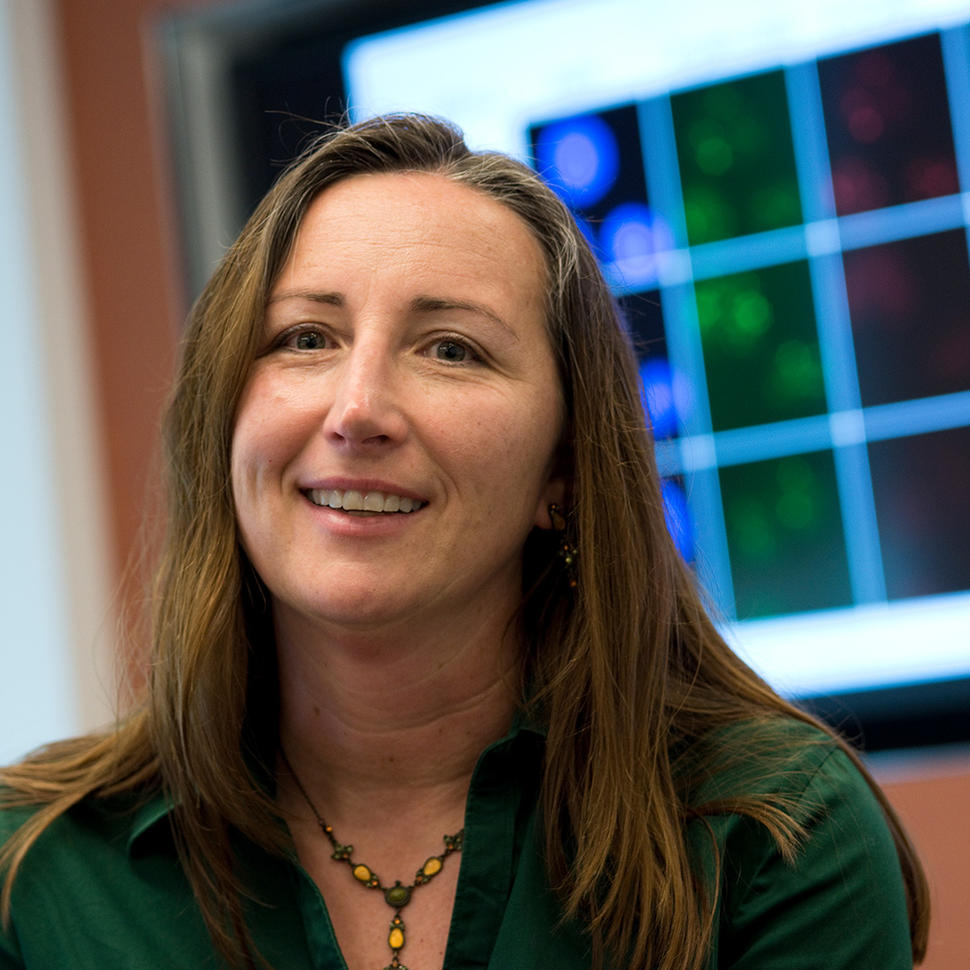- Clinical Director, Division of Cancer Epidemiology and Genetics
- Branch Chief and Senior Investigator, Clinical Genetics Branch at NCI
As a pediatric oncologist, Dr. Sharon Savage is all too familiar with the impact of a cancer diagnosis on children and families. Like them, she wants to understand why children develop cancer. That desire has driven her to study cancer etiology (the causes of cancer) and specifically the role of telomeres (end caps on chromosomes that keep our DNA from unraveling) and the risk for developing different types of cancer.
Telomere biology is just one example of how improved data sharing could really make a difference. “Cancer etiology is complex and large sample sizes are required to ensure we have the statistical power to draw appropriate conclusions,” Sharon said. Sharing data can help but, she notes, the data should be collected in the same manner across study populations. The Childhood Cancer Data Initiative aims to facilitate data standardization in order to accelerate critical research like Sharon’s.
